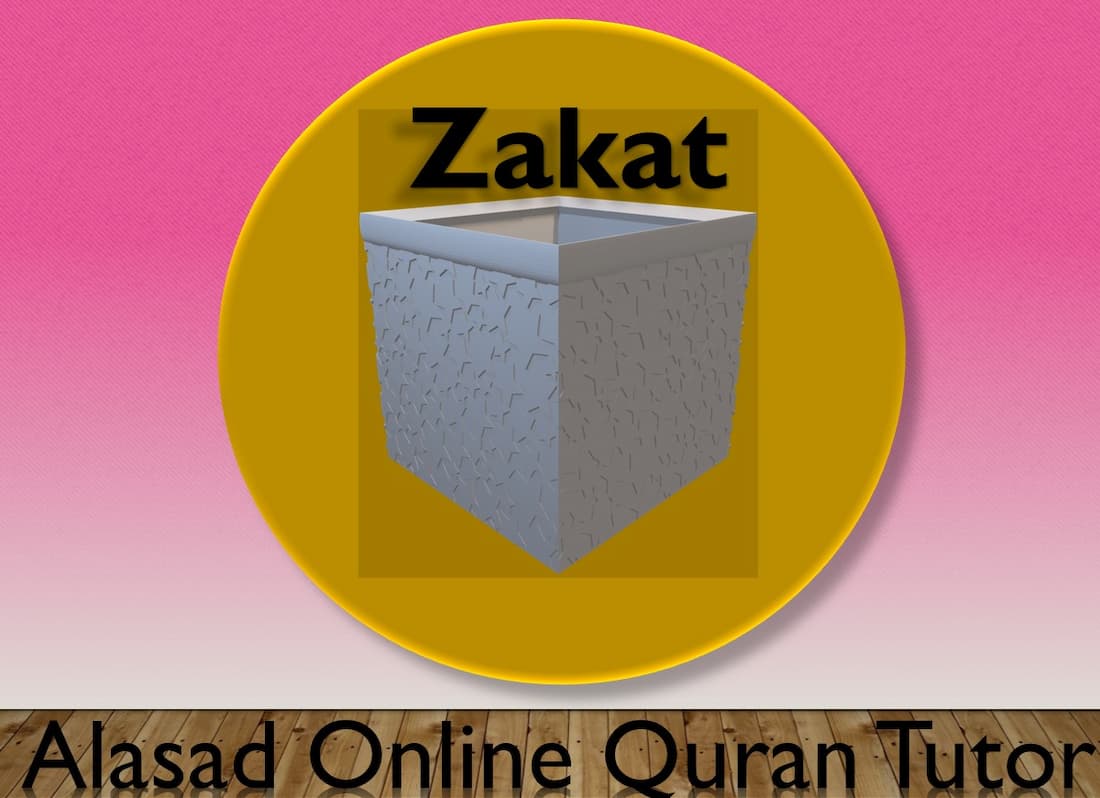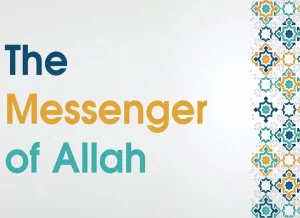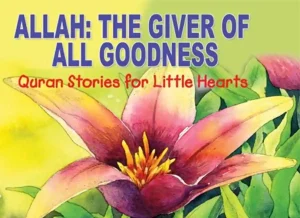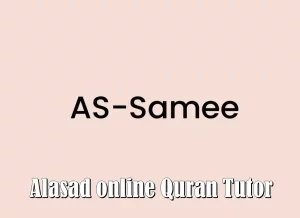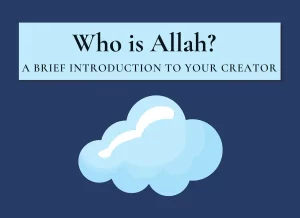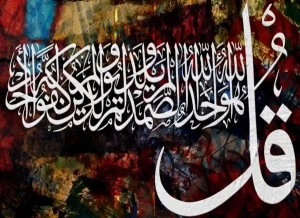Masarif-e-Zakah- To whom can Zakah be given?
Beneficiaries of Zakat | Islamic Relief Worldwide– Zakah can be given to the following people : Faqeer 2. Miskeen 3. ‘Aamil 4. Riqaab 5. Gharim 6[Fee-Sabeelillah] 7. (i.e. traveller) (Fatawa-e-Hindiyyah, vol. 1, pp. 187)
Their details
Faqeer:Islamic Relief Worldwide01- Someone (a) who owns something but does not own such amount that reaches the Nisab. (b) Or it is equal to or more than the Nisab but it is involved in his Haajat-e-Asliyyah (i.e. basic necessities of life); for example, the house in which a person lives, household items, riding animals (or a scooter or a car), the tools of workers, the clothes which a person wears, a male or female servant for services, Islamic books for a person having an occupation related to knowledge which are not more than his need. (c) Likewise, if a person is Madyoon (debtor) and the Nisab no longer exists after deducting the Dayn (debt), he will fall into the category of Faqeer, even if he owns one or several Nisabs. (Radd-ul-Muhtar, vol. 3, pp. 333, Bahar-e-Shari’at, vol. 1, Mas’ala No 2, Part. 5, pp. 924)
Miskeen: Someone who owns nothing. He needs to beg even food and clothes from people, and begging is Halal (lawful) for him. Begging without necessity and compulsion is Haraam for a Faqeer (i.e. the person who has food for at least one day and clothes towear). (Fatawa-e-Hindiyyah, vol. 1, pp. 187)
Aamil:Islamic Relief Worldwide02- Someone whom the Islamic ruler has appointed for collecting Zakah and Ushr. (The details of Ushr have been mentioned later in the book.)(Fatawa-e-Hindiyyah, vol. 1, pp. 188)
Note: In Bahar-e-Shari’at, Mufti Muhammad Amjad Ali A’zami has stated: An Aamil can receive a fee for his work even if he is a Ghani but if he is a Hashmi, it is impermissible to give him from the amount of Zakah and it is also impermissible for him to receive it. However, if it is paid from any other amount, there is no harm in taking it. (Bahar-e-Shari’at, vol. 1, Mas’ala No 6, Part. 5, pp. 925)
Riqaab:Islamic Relief Worldwide03- This refers to a Mukaatab. The slave whose master agrees to free him if he pays a specific amount of money is known as a Mukaatab. Riqaab does not exist in the present era.
Gharim:Islamic Relief Worldwide04- It refers to a debtor. It means that he owes such amount of debt that the Nisab of Zakah no longer exists after paying debt, even if others also owe him money, provided that he does not have the power to collect it. (Durr-e-Mukhtar Wa-Radd-ul-Muhtar, vol. 3, pp. 339)
[فِي سَِبِيلِ اللّٰ ه]:Islamic Relief Worldwide05- It means to spend in the way of Allah. Following are its cases:
- Someone wants to go for Hajj but he does not have money for travel expenses; Zakah can be given to him as well but it is not permissible for him to ask people [for money] for Hajj.
- Zakah can also be given to the student who acquires or wants to acquire Islamic knowledge. In fact, [such] a student can take Zakah even by asking for it, provided that he has dedicated his life only to this work, even if he is capable of earning.
- Likewise, spending the Zakah for every virtuous act also falls into the category of ‘فِي سَِبِيلِ اللّٰ (e. spending in the way of Allah) For Zakah, it is necessary to make the payee the owner; Zakah cannot be paid without making him the owner. (Durr-e-Mukhtar Wa-Radd-ul-Muhtar, vol. 3, pp. 335 – 340, Bahar-e-Shari’at, vol. 1, Mas’ala No 14, Part. 5, pp. 926)
Ibn-Sabeel: It refers to a traveller who no longer has maal [i.e. wealth] during his journey. He can take Zakah even if he has maal at his home. However, he should only take such amount which satisfies his need; taking more than it is not allowed. If it is possible for him to borrow money [from someone], it is better to borrow it. (Fatawa-e-Hindiyyah, vol. 1, pp. 188) Note :
Mufti Muhammad Amjad Ali A’zami has stated: For all the [aforementioned] people to whom Zakah can be given, it is a conditionto be a Faqeer except for an Aamil, as being a Faqeer is not a condition for him, and [except for] an Ibn-Sabeel (i.e. traveller) even if he is a Ghani, as the ‘rulings for a Faqeer’ are applicable to him in such state. Zakah cannot be given to anyone else who is not a Faqeer. (Bahar-e-Shari’at, vol. 1, Mas’ala No 44, Part. 5, pp. 932)
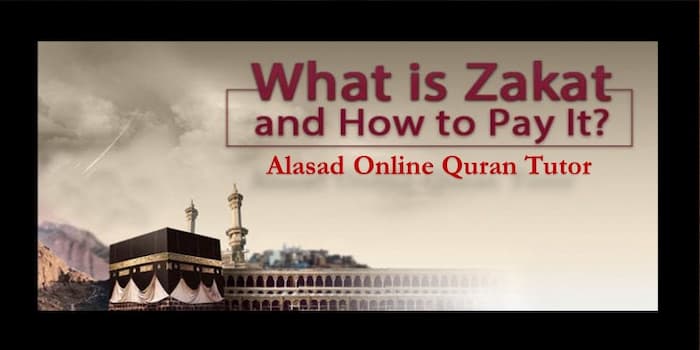
How can the person deserving of Zakah be identified?
Zakat | Islamic Relief Worldwide – Is the person to whom we want to give Zakah deserving of Zakah or not? Obviously, it is very difficult to investigate it completely. Therefore, if the payer strongly presumes that the person to whom Zakah is to be paid is deserving of Zakah (i.e. he fulfils the conditions of payment of Zakah), he may pay it, Zakah will be [regarded as] paid; if the payer does not predominantly presume, he should not give it. (Fatawa-e-Amjadiyyah, vol. 1, pp. 374)
What if it is discovered after paying the Zakah that the payee was not deserving of Zakah?
If a person pays Zakah after predominantly presuming that [the payee] is deserving [of Zakah] but it is discovered afterwards that the payee was Ghani or [the payee] was the payer’s father, mother, child, husband or wife, or [the payee] was a Hashmi, slave of a Hashmi, or Zimmi (Kafir), Zakah will be regarded as paid; and if it is discovered that [the payee] was the payer’s own slave or a Harbi (Kafir), it will not be regarded as paid. If a person gives Zakah without contemplating and then it is discovered that the payee was not deserving of Zakah, Zakah will not be regarded as paid. (Fatawa-e-Hindiyyah, vol. 1, pp. 190, Bahar-e-Shari’at, vol. 1, Part. 5, pp. 932)
Do the Safeers of Madrasahs also fall into the category of Aamil?
Zakat | Islamic Relief Worldwide – The Shar’i Qadi [judge] has the authority to appoint an Aamil. If he is not there, this authority is possessed by the greatest Aalim [Islamic scholar] of a city whom the Muslims consult regarding their religious matters. Therefore, if the Safeers ( People who collect charity for Madrasahs.) of Madrasahs have been appointed by such aforementioned Aalim, they will be regarded as Aamils, otherwise not. (Fatawa-e-Faqih-e-Millat, vol. 1, pp. 323 – 327)
People to whom Zakah cannot be given
Beneficiaries of Zakat | Islamic Relief Worldwide– Zakah cannot be given to the following Muslims, even if they are Shar’i Faqeer:
- Banu Hashim (i.e. blessed Sayyids), whether the payer is a Hashmi or non-Hashmi.
- A person’s lineal ascendants (i.e. the Zakah-payer is amongst their descendants) such as the mother, father, paternal grandfather, paternal grandmother, maternal grandfather, maternal grandmother, etc.
- A person’s lineal descendants (i.e. those who are amongst the Zakah-payer’s descendants) such as the son, daughter, grandson, granddaughter, etc.
- Husband and wife cannot give Zakah to one another.
- Na-Baligh (Child who has not yet reached puberty.) children of a Ghani person (as, they are regarded as Ghani because of their father). (Durr-e-Mukhtar Wa-Radd-ul-Muhtar, vol. 3, pp. 344 – 349, Fatawa-e-Razawiyyah, vol. 10, pp. 109)
Relatives to whom Zakah can be given
Zakat | Islamic Relief Worldwide – Zakah can be given to the following relatives provided that they are deserving of Zakah:
(1) Sister (2) Brother (3) Paternal uncle (4) Paternal aunt (5) Maternal aunt (6) Maternaluncle(7)Daughter-in-law(8)Son-inlaw(9) Stepfather(10)Stepmother(11)Stepchildren of a woman(12) Stepchildren of a man. (Fatawa-e-Razawiyyah, vol. 10, pp. 110)
The slaves to whom Zakah cannot be given
Zakat | Islamic Relief Worldwide – Mamlook-e-Shar’i (i.e. Shari’ah-declared slave) does not exist in the present era. However, Zakah cannot be given to the following slaves:
(1) The slave of a Hashmi, even if he is a ‘Mukaatab’ (2) The slave freed by a Hashmi (3) ‘Non-Mukaatab’ slave of a Ghani person (4) The slave of one’s wife, even if he is a ‘Mukaatab’ (5) The slave of one’s husband, even if he is a ‘Mukaatab’ (6) The slave of one’s lineal ascendants, even if he is a ‘Mukaatab’ (7) The slave of one’s lineal descendants, even if he is a ‘Mukaatab’ (8) One’s own slave, even if he is a ‘Mukaatab’. (Fatawa-e-Razawiyyah, vol. 10, pp. 109)
Slaves to whom Zakah can be given
Zakat | Islamic Relief Worldwide – Zakah can be given to the following slaves provided that they are deserving of Zakah:
- The slave freed by a Non-Hashmi
- Even if it is one’s own [slave]
- The ‘Mukaatab’ slave of a Ghani person, except for the following: One’s own or [the Mukaatab slave of] one’s lineal ascendants (mother, father, paternal grandfather, paternal grandmother, maternal grandfather, maternal grandmother), [the Mukaatab slave of] one’s lineal descendants (son, daughter, grandson, granddaughter), [the Mukaatab slave of the] husband, wife and ‘Hashmi’. (Fatawa-e-Razawiyyah, vol. 10, pp. 110)
Giving Zakah to one’s divorced wife
Zakat | Islamic Relief Worldwide – If a person divorces his wife, he cannot give [her Zakah] during her Iddat period but can give it once her ‘Iddat period ends. (Durr-e- Muhtar, vol. 3, pp. 345; Bahar-e-Shari’at, vol. 1, Mas’ala No 26, Part. 5, pp. 928)
Giving Zakah to the wife or father of a Ghani person
Zakat | Islamic Relief Worldwide – Zakah can be given to the wife of a Ghani person provided that she is not the owner of Nisab. Likewise, Zakah can be given to the father of a Ghani person provided that he is a Faqeer [Shari’ah- declared poor person]. (Fatawa-e-Hindiyyah, vol. 1, pp. 189)
Na-Baligh children of a Ghani mother
Zakat | Islamic Relief Worldwide – Zakah can be given to the Na-Baligh children of a Ghani mother provided that their father has died, as a child is regarded as Ghani because of the Ghani father, not because of the mother. (Durr-e-Mukhtar Wa-Radd-ul-Muhtar, vol. 3, pp. 349)
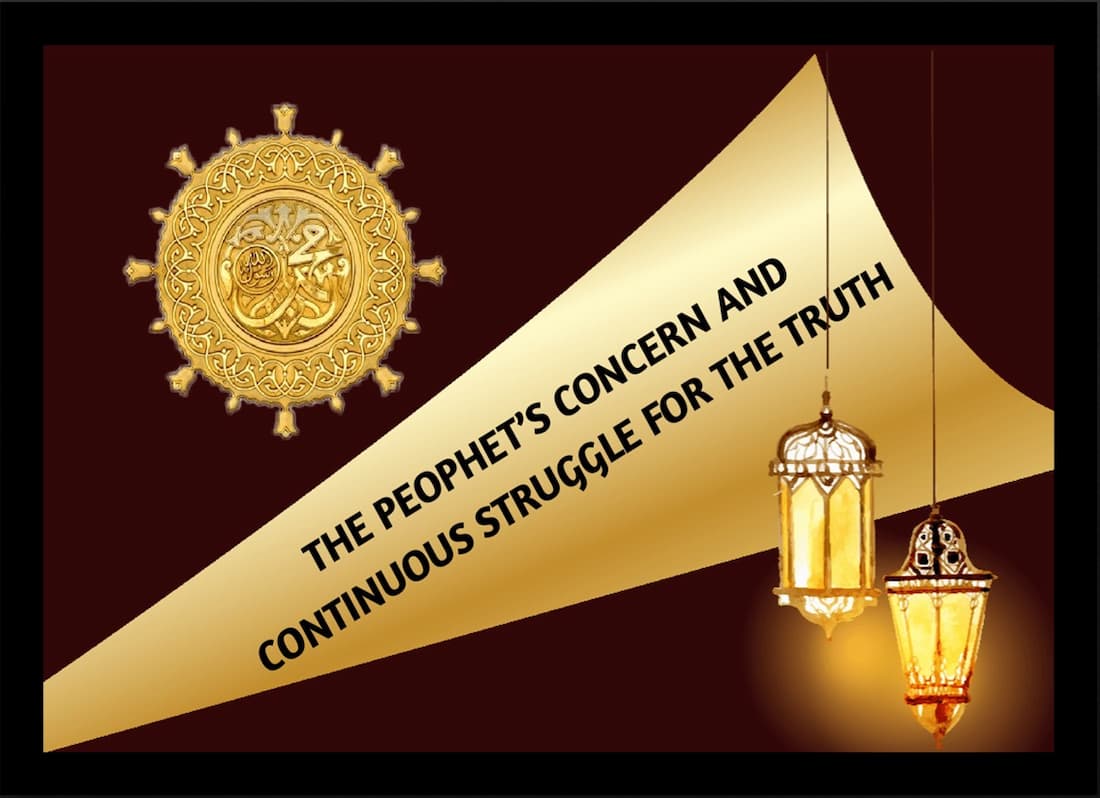
The woman whose husband owes her Mahr
Zakat | Islamic Relief Worldwide – Zakah can be given to the woman whose husband owes her Mahr, even if it is equal to or more than the Nisab, or even if the husband is wealthy and capable of paying it. (Al-Jauhara-tu-Nayirrah, pp. 167)
Giving Zakah to a Kafir
Zakah will not be regarded as paid if given to a Kafir [unbeliever]. (Fatawa-e-Razawiyyah, vol. 10, pp. 290)
Giving Zakah to a heretic
Giving Zakah to a heretic is Haraam [prohibited] and Zakah will not be regarded as paid if given to him. (Fatawa-e-Razawiyyah, vol. 10, pp. 290)
Giving Zakah to a student
Zakah can be given to such students [of Islamic knowledge] who are not the owner of Nisab. In fact, it is Afdal [better] to give it to them provided that they acquire knowledge of Deen, as Deen. (Fatawa-e-Razawiyyah, vol. 10, pp. 253)
Giving Zakah to the Imam of a Masjid
Zakat | Islamic Relief Worldwide – Zakah cannot be given to the Imam of a Masjid if he is not a Shar’i Faqeer or if he is a Sayyid. Zakah can be given [to him] if he is a Shar’i Faqeer and not a Sayyid. In fact, it is Afdal [better] to give it to him if he is also an Aalim. However, reverence for an Aalim should be kept in mind while giving him Zakah and the payer should give it with respect, just like a younger person gifts something to elders. , feeling disdain [for the Aalim] in the heart while giving him Zakah is a cause of destruction. (Bahar-e-Shari’at, vol. 1, Part. 5, pp. 924)
It is stated in Fatawa Aalamgiri: Giving Sadaqah to a Faqeer who is an Aalim is Afdal [better] than giving Sadaqah to a Faqeer who is not an Aalim. (Fatawa-e-Hindiyyah, vol. 1, pp. 187)
The payment of salary to the Imam of a Masjid from the amount of Zakah Salary cannot be paid to the Imam of a Masjid from the amount of Zakah because salary is [given] in exchange for services and Zakah is purely for the pleasure of Allah . If other resources are not available, it can be given after [performing] Shar’i Heelah [i.e. alternative method]. (Fatawa-e-Amjadiyyah, vol. 1, pp. 376)
Mother is Hashmi and father, a Non-Hashmi
Zakat | Islamic Relief Worldwide – If someone’s mother is a Hashmi or even if she is Sayyidah but his father is not a Hashmi, then he is not a Hashmi, as according to Shari’ah, Nasb [genealogy] is from the father. Therefore, Zakah can be given to such person if there isn’t anything else which serves as an obstacle. (Bahar-e-Shari’at, vol. 1, Part. 5, Mas’ala 41, pp. 931)
Why the Zakah cannot be given to the blessed Sayyids?
Zakat | Islamic Relief Worldwide – Zakah cannot be given to the blessed Sayyids and other Banu Hashim as Zakah is Haraam-e-Qat’ee [absolutely prohibited] for the blessed Sayyids and other Banu Hashim, and there is Ijma [consensus of opinion] of the leading Ulama of all the four schools of Islamic Jurisprudence (i.e. Hanafi, Shaafi’i, Hanbali and Maliki) on this matter. It is stated in Fatawa Razawiyyah: There is a unanimous agreement of the Aimmah-Arba’ah ( Founders of the four schools of Islamic Jurisprudence) that taking Fard Sadaqah is Haraam for Banu Hashim and Banu Abdul Muttalib. (Fatawa-e-Razawiyyah, vol. 10, pp. 99)
Who are the Banu Hashim?
Banu Hashim and Banu Abdul Muttalib refer to five families, Aale-Ali [the blessed descendants of Sayyiduna Ali ], Aal-eAbbas, Aal-e-Ja’far, Aal-e-Aqeel, and Aal-e-Haris Bin Abdul
Muttalib. The rest who did not support the Beloved Rasool , such as Abu Lahab, his descendants will not be regarded as Banu Hashim, although this Kafir [unbeliever] was also the son of Sayyiduna Abdul Muttalib. (Fatawa-e-Hindiyyah, vol. 1, pp. 189, Bahar-e-Shari’at, vol. 1, Part. 5, Mas’ala 39, pp. 931)
The wisdom behind not giving Zakah to the Banu Hashim
The Beloved Rasool has stated: These Sadaqah are the impurities of people, neither are they Halal [i.e. lawful] for Muhammad (peace be upon him) nor for the descendants of Muhammad (peace be upon him). (Sahih Muslim, pp. 540, Hadees 1072)
In the explanation of the aforementioned Hadees, Mufti Ahmad Yar Khan Na’eemi has stated: This Hadees is so clear and explicit that there cannot be any Taweel [i.e. figurative interpretation] of it. It means: It is Haraam for me and my descendants to take Zakah because it is the impurity of Maal [wealth]. People become clean from the water we use; why do we take someone’s impurity!(Miraat-ul-Manajeeh, vol. 3, pp. 46)
The way to help Sayyids
Zakat | Islamic Relief Worldwide – First of all, wealthy people should support these blessed people out of their own pocket [presenting them money] as Hadiyah [a gift], and they should remember the time when even the eyes will find no refuge except for [seeking refuge with] the respected Grandfather of these blessed Sayyids. The wealth that you have received from the blessed court of Rasoolullah and the wealth that you will soon leave behind and go to your grave; what would be a greater privilege than spending it on his blessed descendants for his pleasure. However, if such arrangement cannot be made in a certain area, make anyone who is deserving of Zakah the owner of the Zakah and give it into his possession. Then, advise him to present it to a Sayyid Sahib. (Fatawa-e-Amjadiyyah, vol. 1, pp. 390)
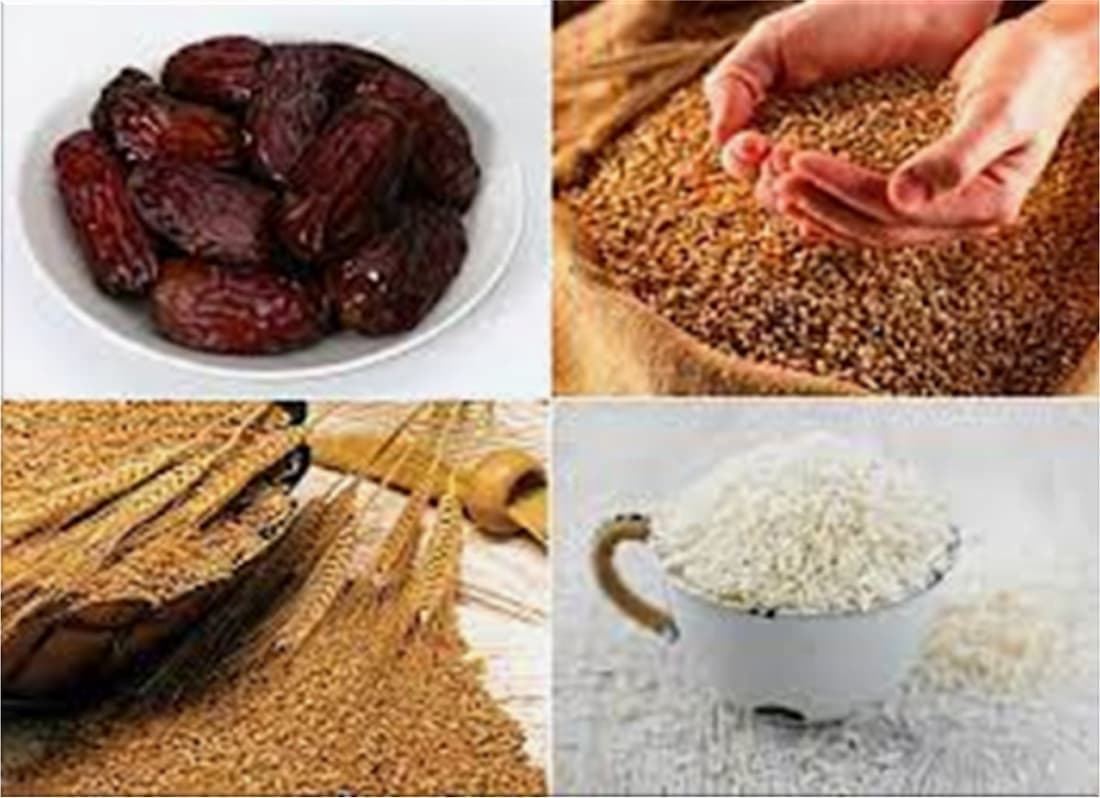
Giving Zakah to beggars
Zakat | Islamic Relief Worldwide – There are three types of beggars:
- Ghani: Begging is Haraam for them and giving them is also Haraam. Zakah will not be regarded as paid if given to them as they are not deserving of Zakah.
- A Faqeer who is healthy and capable of earning: These people are habitual of begging and sponging off others despite being capable of earning as per their needs. Begging is Haraam for such professional beggars and whatever they get is Maal-eKhabees [impure wealth] for them, which is Wajib to be returned to the owner or to be given as Sadaqah [charity]. However, if anyone gives them Zakah, it will be regarded as paid because they are Shar’i Faqeers, provided that there isn’t anything else which serves as an obstacle for Zakah.
- A Faqeer who is not capable of earning: These people are either not capable of earning or cannot earn as per their needs. Begging is Halal for them only as per their need and whatever they get is Halal for them. Zakah will be regarded as paid if given to them. (Fatawa-e-Razawiyyah, vol. 10, pp. 253)
Giving Zakah for a Madrasah or Jami’ah
If a Madrasah or Jami’ah is run by the people of truth, not by the heretics, Zakah can be given there on the condition that the administrator keeps this amount separately and spends it only by transferring the ownership to a Faqeer. For example, give it as a stipend that is given to the students for helping them, or purchase books or clothes and make the students their owner, or purchase medicine in case they fall ill and make them its owner.
The salary of teachers or other staff cannot be given from this amount because salary is [given] in exchange for services and Zakah is purely for the pleasure of Allah. Moreover, neither can it be used for construction or any other similar purpose nor for the food prepared for the students because they are provided with food just for eating, they are not made its owner; but it will be correct if food is given by making them the owner. However, if the amount of Zakah is given to any Masraf-e-Zakah [a person deserving of Zakah] with the intention of Zakah and he is made its owner, then he gives it to a Madrasah or Jami’ah by his own will, then this amount can now be used for [giving] the salary of teachers, for construction, etc. (Fatawa-e-Razawiyyah, vol. 10, pp. 254)
Do inform while giving Zakah
Many Islamic brothers send the amount of Zakah to Madaris and Jami’aat. They should inform the administrator of the Madrasah that the amount is the ‘amount of Zakah’ so that the administrator keeps that amount separate, not mixing it with any other amount, spends it on poor students and does not give it as a wage or salary to anyone; otherwise, Zakah will not be regarded as paid.
Giving the total amount of Zakah to a single person The Zakah-giving person has the choice that if he wishes, he may distribute the amount of Zakah amongst all the Masarif-e-Zakah [people of all Zakah-deserving categories], giving each a little; or if he wishes, he may give it to a single person. If the amount being given as Zakah is not equal to or more than the Nisab, it is Afdal [better] to give it to a single person and if it is equal to or more than the Nisab, giving it to a single person is Makrooh; however, Zakah will still be regarded as paid.
Giving such an amount which is equal to or more than the Nisab to a single person is Makrooh when that Faqeer is not Madyoon [someone who owes money]. If he is Madyoon, then it is not Makrooh to give such amount if nothing remains after deducting the dayn [money he has to pay someone] or the amount less than the Nisab is left. Likewise, if that Faqeer has family, there is no harm even if the amount is equal to or more than the Nisab, provided that if the amount is divided by the number of family members, everyone will receive less than the Nisab. (Fatawa-e-Hindiyyah, vol. 1, pp. 188)
What amount of Zakah is it Mustahab to give to one person?
It is Mustahab to give such amount to one person that he does not need to beg that day, and this is different according to the condition of that Faqeer. Give him by considering his food requirements, the number of his family members and other such factors. (Durr-e-Mukhtar Wa-Radd-ul-Muhtar, vol. 3, pp. 358)
To whom is it Afdal to give Zakah?
Zakat | Islamic Relief Worldwide – Brothers and sisters have the first right [to receive Zakah] if they are poor, then their children have the right, then the paternal uncles and aunts, then their children, then the maternal uncles and aunts, then their children, then Zawil-Arhaam (those relatives who are related to one’s mother, sister, wife or daughters), then neighbours, then the fellows of the same occupation as of Zakah-giving person, and then the people of one’s city (i.e. where one’s wealth is present). (Fatawa-e-Hindiyyah, pp. 190)
To whom should a Sayyid give Zakah?
Zakat | Islamic Relief Worldwide – It is Afdal [better] to give Zakah to a close relative but to whom should a Sayyid give Zakah because his close relative will also be a Sayyid? Replying to this question, A’la Hadrat Imam Ahmad Raza Khan has stated: Indeed, it is Afdal to give Zakah and other Sadaqaat to one’s close relatives and there is double reward for it, but this applies only if it is also permissible to give that Sadaqah to close relatives. (Fatawa-e-Razawiyyah, vol. 10, pp. 287)
Can the owner of many books take Zakah?
If someone owns many books and those books are included in his Haajat-e-Asliyyah [i.e. basic necessities of life], he can take Zakah even if they are worth hundreds of thousands. A person cannot take Zakah if they are not included in Haajat-e-Asliyyah and their worth is equal to or more than the Nisab. Following are the details regarding this matter:
Zakat | Islamic Relief Worldwide – The books of Fiqh [Islamic Jurisprudence], Tafseer and Hadees are included in Haajat-e-Asliyyah for knowledgeable people (i.e. those people who need these books for studying, teaching, or correction) but they are not included in Haajat-e-Asliyyah for others. If there are more than one copies of the same book, then these [additional copies] are not included in Haajat-eAsliyyah, even for knowledgeable people.
The books written to prove the Kuffar [unbelievers] and heretics wrong and those written to support [the beliefs of] Ahl-us-Sunnah and books related to Fard Uloom are included in Haajat-e-Asliyyah for both, an Aalim and a non-Aalim.
If an Aalim keeps the books of heretics to prove them wrong, For a non-Hafiz, the Holy Quran is included in Haajat-ethey will be included in his Haajat-e-Asliyyah. For a nonAalim, it is not permissible to read them even a bit.
Zakat | Islamic Relief Worldwide – Asliyyah but not for a Hafiz-e-Quran (Person who has memorised the Holy Quran.) (provided tood).hat his Hifze-Quran is gMedical books are included in Haajat-e-Asliyyah for a doctor provided that he studies them or needs to refer to them. (Durr-e-Mukhtar Wa-Radd-ul-Muhtar, vol. 3, pp. 217; Bahar-e-Shari’at, vol. 1, Part. 5, pp. 882)
What if a Ghani person takes Zakah?
Zakat | Islamic Relief Worldwide – The Beloved Rasool has said: ‘Zakah will not mix with any Maal [wealth] but will destroy it.’ Imam Ahmad has stated the following meaning of this Hadees: If a wealthy person takes Zakah, it will destroy his (rest of the) wealth. (Attargheeb WatTarheeb, vol. 1, pp. 309, Hadees 18)
Zakah is for the Faqeers; it is Haraam for a Ghani person to take Zakah and an act that leads towards Hell. Such person will have to face the difficulties of grave, difficulties of the Day of Judgement and Meezan [balance], and punishments of Hell because of this Haraam wealth. (Fatawa-e-Razawiyyah, vol. 10, pp. 261)
The person who owns 6 Tolas of gold!
Zakat | Islamic Relief Worldwide – The person who owns 6 Tolas or such amount of gold whose worth is equal to [or more than] the price of 52.5 Tolas of silver, he cannot take Zakah, even though Zakah is not Fard upon him as the Nisab of gold is 7.5 Tolas. (Bahar-e-Shari’at, vol. 1, Part. 5, Mas’ala 27, pp. 929)
Having possessions more than Haajat-e-Asliyyah
Zakat | Islamic Relief Worldwide – The person who has such possessions more than his needs which are neither Maal-e-Naami [i.e. the wealth that grows] nor for trade and their worth is equal to [or more than] the price of 52.5 Tolas of silver, Zakah cannot be given to him, even though Zakah is not Wajib upon him. (Bahar-e-Shari’at, vol. 1, Part. 5, Mas’ala 27, pp. 929)

Woman who owns a huge amount of dowry!
Zakat | Islamic Relief Worldwide – A woman is the owner of the dowry that she receives from her parents. It consists of two types of items:
- Items which fulfil the needs such as household items, clothes which a person wears and crockery in use. A woman is not Ghani because of these types of items, no matter how costly they are.
Those items which are more than Haajat-e-Asliyyah and are 2. Zakah if the price of these items is equal to or more than the given for adornment such as jewellery, ‘crockery and other items’ other than one’s needs, and expensive and precious clothes worn in gatherings. A woman is Ghani and cannot take Nisab. (Radd-ul-Muhtar, vol. 3, pp. 347)
Someone who owns pearls and jewels If anyone owns jewels such as pearls, etc. but they are not for the purpose of trade, their Zakah is not Wajib. However, such person cannot take Zakah if their value is equal to or more than the Nisab. (Bahar-e-Shari’at, vol. 1, Part. 5, Mas’ala 37, pp. 930) Someone who owns expensive winter clothes! Winter clothes which are not needed in summer are included in Haajat-e-Asliyyah. The person [who owns these clothes] can take Zakah even if these clothes are expensive. (Bahar-e-Shari’at, vol. 1, Part. 5, Mas’ala 35, pp. 930) Person who owns a very large house! The person who owns a house in which he lives which is more than his need, i.e. he has not occupied the entire house for his residence; such person can take Zakah. (Radd-ul-Muhtar, vol. 3, pp. 347) The person who has a garden in his house! The person who has a garden in his house whose value is equal to or more than the Nisab and the basic requirements of a house such as a kitchen, bathroom, etc. are not there in the garden, then it is not permissible for him to take Zakah. (Fatawa-e-Hindiyyah, vol. 1, pp. 189)
Is it permissible for a wealthy person to take Sadaqah?
There are 2 types of Sadaqah, Wajib-Sadaqah and Nafl-Sadaqah. It is Haraam for a wealthy person to take Wajib-Sadaqah and giving it to him is also Haraam. Moreover, Zakah will not be regarded as paid if given to him. For Nafl-Sadaqah, it is Haraam for a wealthy person to take it by asking for it, and it is not suitable [to take] if he gets it without asking for it provided that the giver gives it, knowing that the taker is a wealthy person. If the giver gives it considering him a needy person, taking it is Haraam, and if the taker pretends to be a needy person in order to take it, it is another Haraam. However, it is permissible even for a Ghani person to take those Nafl-Sadaqaat which are offered to the general public such as the water of Sabeel (Arrangement for providing water to people as an act of earning Sawab.), sweets of Niyaz ( Food served for Isaal-e-Sawab.), etc. provided that taking them does not bring disgrace upon him. (Fatawa-e-Razawiyyah, vol. 10, pp. 261)
What if a non-deserving person takes Zakah?
In case a non-deserving person has taken Zakah and afterwards he regrets, then if the giver has given Zakah after pondering and he was unaware that the taker is not a Zakah-deserving person, Zakah will still be regarded as paid, but it was Haraam for the taker to take it because he was not deserving of Zakah. The ownership acquired of the Maal [wealth] which one does not deserve is known as ‘Milke-Khabees [impure ownership]’ and its ruling is: that amount of Maal [wealth] should be given as Sadaqah.
Our Android Apps
About CEO Al-Asad Online
Hafiz Abdul Hameed
Master In Islamic Studies
(Tajweed, Waqf)
Web Developer/Administrator
Web Content Writer
Blogger, SEO Expert
Graphic Designer
WhatsApp: +92 301736500

